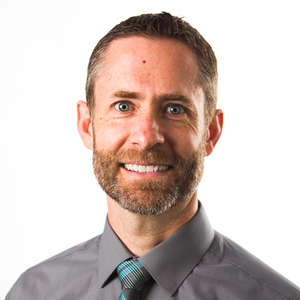Talbot’s new MA – Classical Theology is offering a summer seminar course on Christology. What better way to spend some summer hours?
Jesus Christ, our great God and Savior, is the glory of the Christian faith. The Gospel accounts tell of his appearing among us, fulfilling the prophetic testimony of the Old Testament and evoking the apostolic testimony of the New Testament. It took the church centuries of deep and prayerful discernment of Scripture’s teaching, often in the cut and thrust of controversy, to find an adequate confession of who the Son of Man is.
Over the seven weeks of this course, we’ll trace that path of discernment through a series of decisive texts:
- The great Egyptian defender of Nicene orthodoxy Athanasius (c. 296-373) will survey the exegetical case Against the Arians 1.1, 1.35-51, 2.2-3, 2.18-82.
- North African bishop Augustine of Hippo (354-430), Homilies on John 1-3, and Egyptian patriarch Cyril of Alexandria (c. 376-444), Commentary on John, Book 1, will walk us through the prologue to John’s Gospel.
- We’ll return to Cyril of Alexandria, whose brilliant insight into The Unity of Christ is that the Logos himself actually experiences fully human life as Jesus.
- Syrian-born, Greek-and-Arabic speaking John of Damascus (c. 675-749), The Orthodox Faith, Book 3, sums up and systematizes Greek patristic Christology.
- The Italian Dominican mastermind Thomas Aquinas (1225-1274), Summa Theologiae IIIa 1, 3-5, 16, 18.1, 19.1, 21, explains Christ’s natures, person, knowledge and will, action, and prayer with breathtaking analytic rigor.
- Lutheran orthodox giant Johann Gerhard (1582-1637) will press us to consider the controversial genus maiestaticum in Commonplaces IV, On Christ, Chapter 12.
- My dear “uncle” Karl Barth (1886-1968) gathers up and restates this classical christological tradition in “The Exaltation of the Son of Man,” Church Dogmatics IV/2, §64.2.II.
We’ll also be reading the Tome of Pope Leo I (c. 400-461), the "Definition of Chalcedon" (451), a few other short texts including David Yeago’s mini-masterpiece, “The New Testament and The Nicene Dogma” (1994), and finally Welsh theologian and former Archbishop of Canterbury Rowan Williams (1950-), "Christ the Heart of Creation" (2018).
We’ll read, and we’ll talk.
But what about Gregory Nazianzen? Anselm? Calvin? Schleiermacher? Indeed. Lots we can’t fit into a short summer course. They’ll have to wait for the full-semester course in spring 2021!
Applications to the MA – Classical Theology are open. Would you consider joining us?
 Biola University
Biola University



